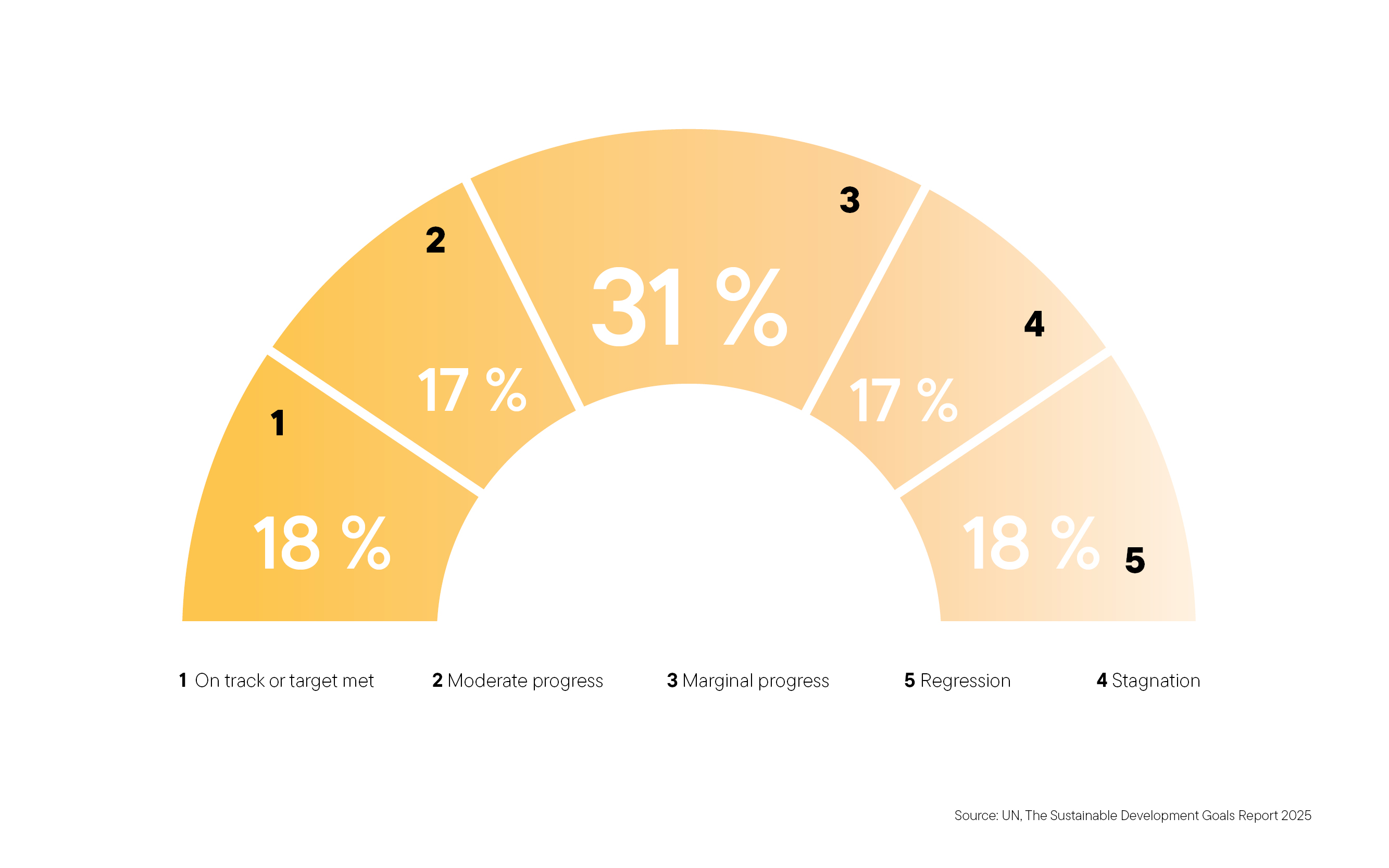Michael von Hauff, University of Kaiserslautern
“Sanctions against Burma must impact on the generals”
Why did intense protests against the military regime break out this autumn?
I see two reasons. First, the drastic increase in the price of petrol in August aggravated an already difficult economic situation. Many people all of a sudden could no longer afford their ride to work. For many Burmese people, high petrol prices directly jeopardise livelihoods. Second, there is of course general dissatisfaction among the people. Things have been brewing up in Burma for a considerable time, and the petrol-price hike was the last straw. That is also why the monks were so prominently involved in the protests. They often come from low-income families, and obviously saw a need to rise to moral obligations and go out onto the streets.
How significant is economic dissatisfaction compared to political motives for protesting?
There are no reliable figures on Burmese poverty. The official poverty rate is about 23 %, but the Asian Development Bank estimates it is really well above 50 %. That estimate is pretty much in line with my own experience. Consider the “night markets”, for example. They take place in the capital, where traders sell leftover rice and other food in very small portions to the poorest people, who cannot afford the prices at the normal markets. These night markets are well-attended, which indicates that the poverty rate is very high. In this respect, the protests should be seen as an act of desperation. Many people are left with no alternative. Added to this, of course, is the people’s desire to be free from political suppression. Young people above all, students for example, no longer want to be shielded from the world.
But the main protest reason is economic?
Yes it is. Experts on Burma have been discussing for some time how long the people would continue to put up with a downward-spiralling economy. I visited textiles factories when I was last in the country. Many factories closed down in recent years, partly as a result of international sanctions against the country. Thousands of people lost their jobs, women in particular; and many of them now eke out a living as prostitutes because they have no other means of subsistence.
What economic potential does the country have?
We must remember that, in the early 1950s, Burma was in better economic shape than South Korea. The country has been systematically run down since the early 1960s. Burma has great potential, matched by almost no other country in the region. It has gemstone deposits, gas, oil, timber; and in principle there is also great potential in agriculture. Burma is also one of the region’s most important rice producers.
What about industry?
There used to be industry. In the 1950s, the country had many small and medium-scale businesses. However, the sector could not develop after the socialist route was adopted in the early 1960s; and later the West imposed sanctions.
How do the Burmese people make their living today?
Those in the country live mainly from subsistence agriculture. The informal economy plays a very important role in the cities as the financial sector is in shambles for obvious reasons. The people ensure their survival through a range of small businesses, such as transport, trade and small eating-houses.
Do you see any sign of the military government preparing reforms?
For this to happen, the West would have to try much harder than it has so far to impact on the regime itself. There is considerable doubt over whether sanctions have been effective. Until now, the country as a whole has been over-penalised. The discussion on who is affected by what kind of sanction has not gone far enough. In the country, one is often asked : “Who are theses sanctions supposed to hurt?” The West has shown too little concern about what sanctions actually achieve.
What do you suggest?
First, the regime’s revenue sources must be identified. All lucrative sectors are in the hands of the generals. They live from tourism, for example, and they even have their own airlines. Sanctions against tourism would certainly have a big impact, and the same is true of the gemstone industry. The economic situation of the power-holders would clearly worsen if these revenue sources were blocked; and that might make second-line generals consider what sort of future actually awaits them. Moreover, the country has a very large army of about 400,000 soldiers. They must be paid, and support would crumble fast if tax revenues no longer covered their salaries. The regime is unable to make any cuts in areas such as health and education, because it hardly spends anything on these matters anyway. Finally, it would matter a lot to better explain the sanctions strategy to the Burmese people, so that they understand that measures are not directed against them. Doing so is perfectly feasible, because not all communication channels to Burma have been cut off after the protests, as has sometimes falsely been reported in the media.
Questions by Tillmann Elliesen.







